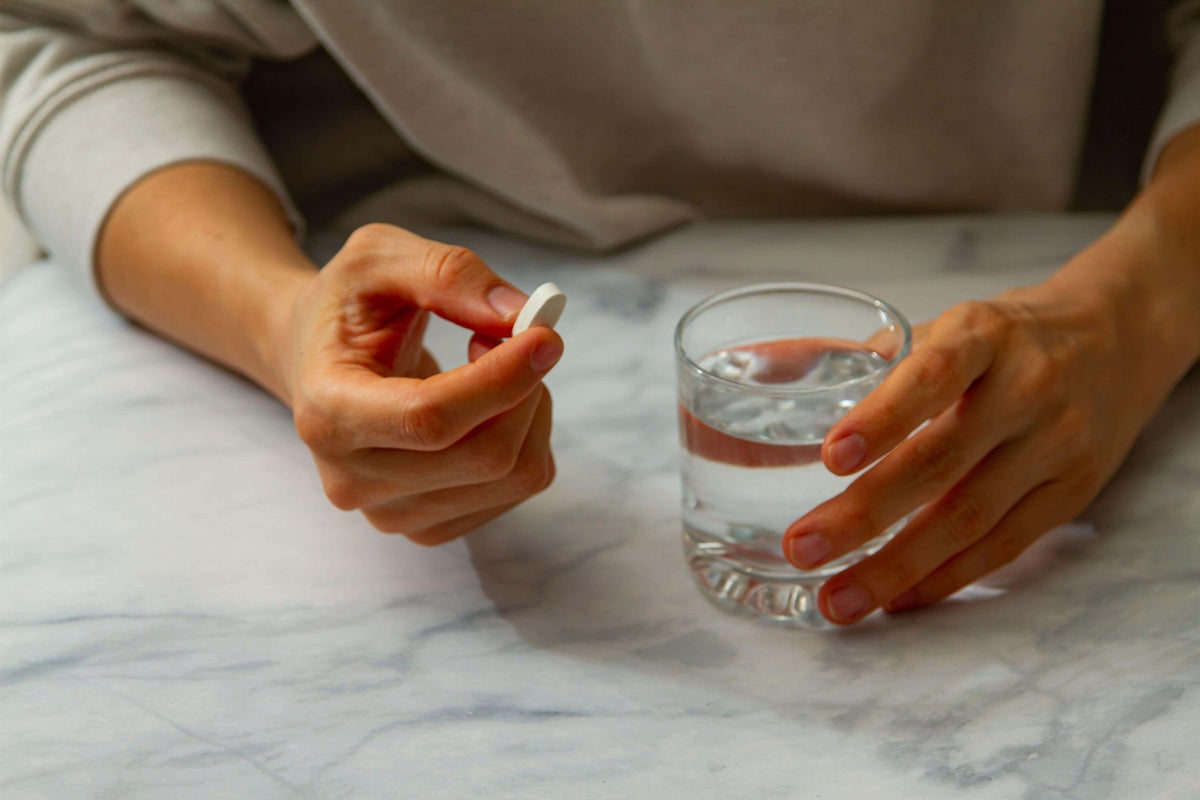
What you need to know about the morning-after pill and the proposed changes
The government is set to commission a free emergency contraception service in pharmacies in England, aiming to end the “postcode lottery” of access to the morning-after pill.
The cost of the morning-after pill varies depending on the type and where you get it, but it can range from around £10 to £33 in pharmacies.
Commenting on the government’s announcement on Sunday, Nick Kaye, chair of the National Pharmacy Association said: “We’ve long called for national commissioning of emergency contraception so this is good news for patients and pharmacies alike.
“For too long, access to free services has been a postcode lottery for patients, with local arrangements only existing in certain parts of the country and often being underfunded.
“Pharmacies are under enormous pressure amid the impact of record cuts to their budgets, so it is important any scheme fully reimburses them for this work.”
We spoke to some experts who have answered some common questions about the morning-after pill and the proposed changes…
What is the morning-after pill, and how does it work?
The emergency contraceptive pill, sometimes called the morning-after pill, can prevent pregnancy following sex without contraception, or if contraception fails, according to the NHS website.
But, you need to take it within three to five days after unprotected sex, depending on the type of pill.
There are two main types of emergency contraceptive pill, Levonorgestrel and Ulipristal Acetate.
“Levonorgestrel [sold under the brand name Levonelle] is an oral tablet that works up to 72 hours after unprotected sexual intercourse,” says Ms Michelle Swer, consultant gynaecologist at London Gynaecology. “This is commonly available over the counter through any pharmacy. It works by delaying or preventing ovulation.
“Ulipristal Acetate [sold under the brand name ellaOne] is also an oral tablet and works up to 120 hours after unprotected sexual intercourse. This also works by delaying or preventing ovulation.”
Where can you get them from?
Emergency contraceptive pills are available in most sexual health clinics, GP surgeries and pharmacies.
“Many pharmacies offer emergency hormonal contraceptives for free to selected age groups when the service is commissioned by the local authority, but privately they usually cost around £20-£30,” says Olivier Picard, vice-chair of The National Pharmacy Association and pharmacist in Berkshire.
“Family planning clinics also provide emergency hormonal contraception free of charge, and you can also get them free from GPs when issued on prescription.”
How effective is the morning-after pill when taken within the recommended time frame?
The sooner you take an emergency contraceptive pill, the more likely it is to work.
“When taken within 72 hours, Levonorgestrel can reduce the risk of pregnancy by up to 84%,” says Picard. “84% if taken within 24 hours, 75% if taken between 24-48 hours and drops below 60% if taken between 48-72 hours.
“Whereas Ulipristal Acetate is effective up to 120 hours after unprotected sex, it has been shown to reduce the chance of pregnancy by about 85%. Again, it works best the earlier it is taken.”
Are there any side effects or risks associated with taking the morning-after pill?
The most common side effects of the morning-after pill include headaches, feeling sick (nausea) and period-like pain and cramping, according to the NHS website.
“If vomiting occurs within three hours of taking the pill, it’s recommended to take another one,” adds Picard.
Are there any factors that could affect its use?
The emergency contraceptive pill may not be suitable for you if you need to take steroid medicines for asthma or if you are overweight, according to the NHS website.
“It has interactions with medication like St John’s wort (used for treatment of low mood), and individuals with severe asthma treated with glucocorticoids should consult a healthcare professional like a pharmacist or a doctor before taking Ulipristal Acetate,” explains Picard.
What are the proposed changes to the regulation or availability of the morning-after pill?
“The Government has proposed commissioning a nationwide, free emergency contraception service later this year,” says Picard.
In some cases, free services do already exist in some pharmacies due to local arrangements.
“This is where local NHS/local authorities commission pharmacies to provide this service free of charge to patients,” explains Picard. “This is funded via the public health grant, which has been cut significantly since 2016, meaning it is sometimes not viable for a pharmacy to run, which leads to a postcode lottery for patients.
“We, alongside other pharmacy/health organisations, are concerned this has an impact on health inequalities and can put barriers in the way to accessing emergency hormonal contraception.”










